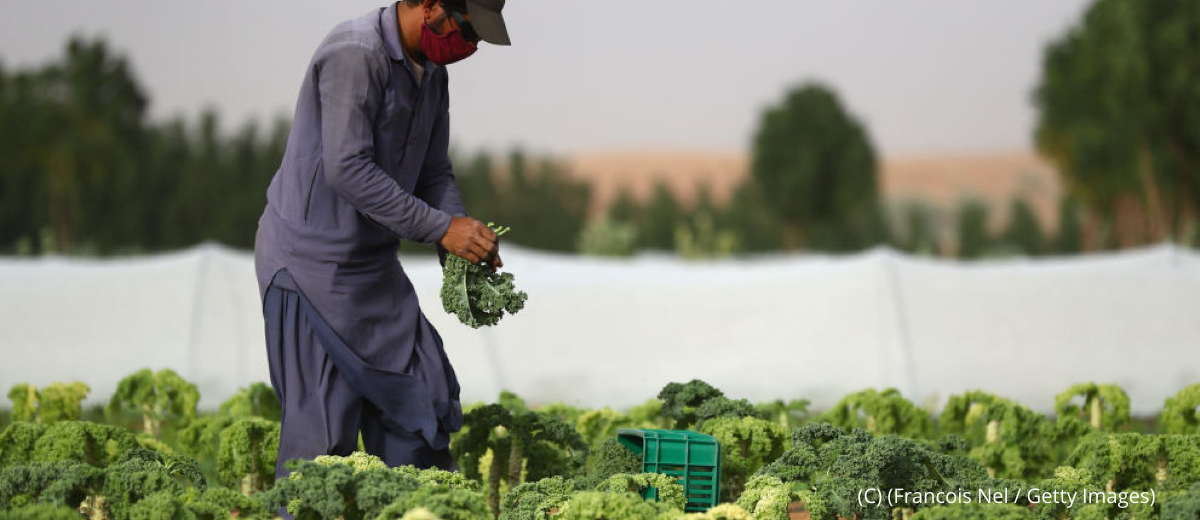

189 Bulgarian strawberry pickers have found work and are willing to throw their own protection to wind.
Self isolation is a privilege for many Europeans who are living and getting supplies even though they are home bound. The ones who are not getting to practice social distancing and protect themselves from exposure are the Eastern European workers that are being charted to various parts of Europe to kick start supply of fresh vegetables and fruits worldwide.
As many as 189 Bulgarian strawberry pickers have found work and are willing to throw their own protection to wind. They are working in East Anglia along with another 150 or more Romanian workers who have arrived to handle the lettuce production. They have all been charted in special flights by farming cooperatives based out of United Kingdom.
The flights were said to be choker block with no empty middle seat. There is an increasing shortage of seasonal workforce in England and Germany, which heavily depends on these workers for sowing, harvesting and reaping of various fruits and vegetables across the year. With the pandemic pushing most of the labour back to their countries, travel restrictions and social distancing protocols, many are not willing to also take the risk of travelling down and then settling into private company provided caravans that house 3-4 workers together.
Those desperate for jobs are applying through the Alliance of Ethical Labour Providers who has floated its “Feed the Nation” campaign. But getting the job is still not that simple – the various recruitment agencies seem to be sifting applications for those who have prior experience in seasonal picking and sorting. They still want people who can ensure whatever is marketed is sold.
Seasonal workers are picked from Romania, Poland, Lithuania, and Bulgaria. Most live in unhygienic living conditions, paid wages only at the end of their terms, made to work straight 12-14 hours seven days a week and given no medical insurance. They are treated worst than cattle. Toilets don’t have locks, showers are shared and one mask has to last a worker seven days. Working in rows, there is no way of knowing who is infected and how many more can be infected now. Most of them have not been given a chance to be quarantined for more than a day after being brought to various farms for work since lockdowns in their countries. Besides the employers’ failure to provide essential protective equipment such as masks, workers are forced to sleep in fully occupied multi-bed containers. The trend is more rampant in England and Germany. There is nothing to govern this as of now, maybe, because of deep routed biases against migrant workers.
Former President Donald Trump is taking legal action to strike down one of the topics on the forgotten list of…
As U.S. retailers like Walmart and Costco pursue alternatives to Chinese and Bangladeshi suppliers due to rising tariffs, India's garment…
U.S. worker productivity declined for the first time in almost three years in the first quarter of 2025, in a…
According to the Ministry of Health, Labour and Welfare in March 2025, Japan's inflation adjusted real wages fell by 2.1%…
BluSmart Mobility, once viewed as India’s green ride-hailing alternative, ceased operations in April 2025 leaving nearly 10,000 drivers unemployed without…
The India-UK Free Trade Agreement (FTA), recently learnt, has attracted some attention for one of its benefits enabling Indian workers…
This website uses cookies.
Read More